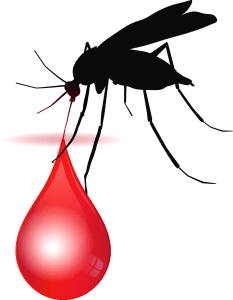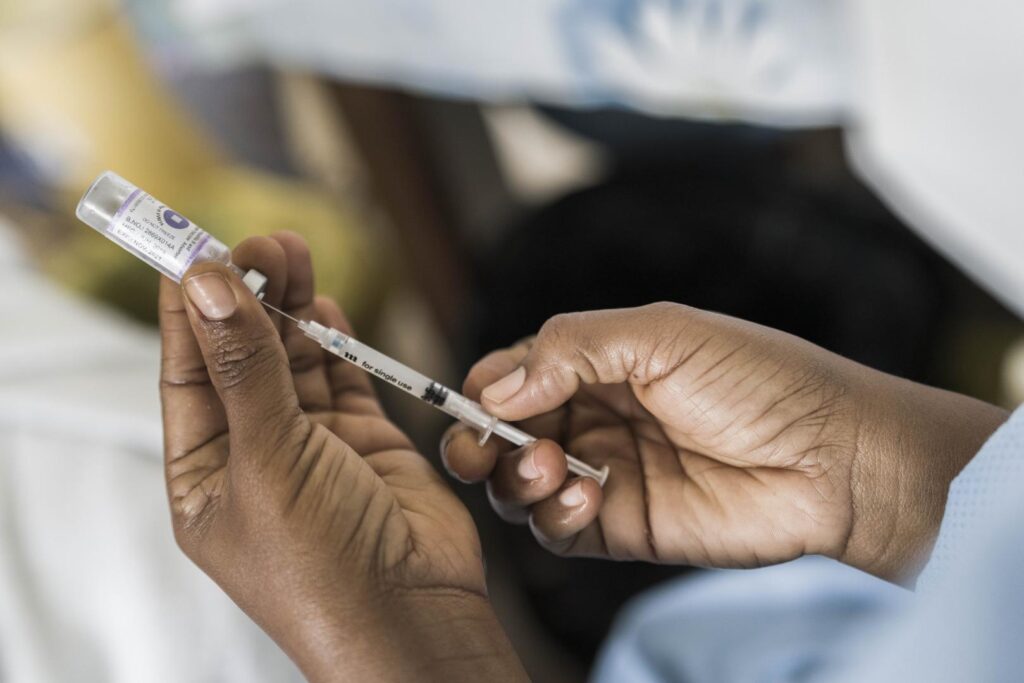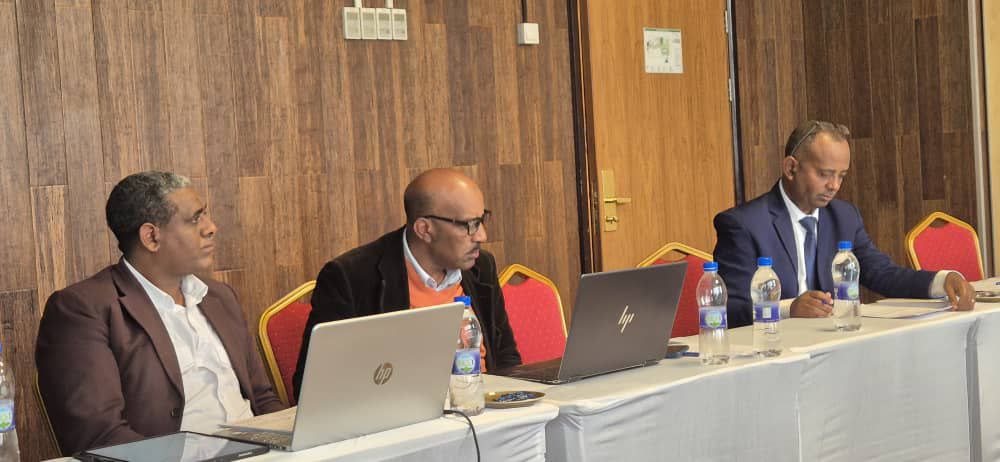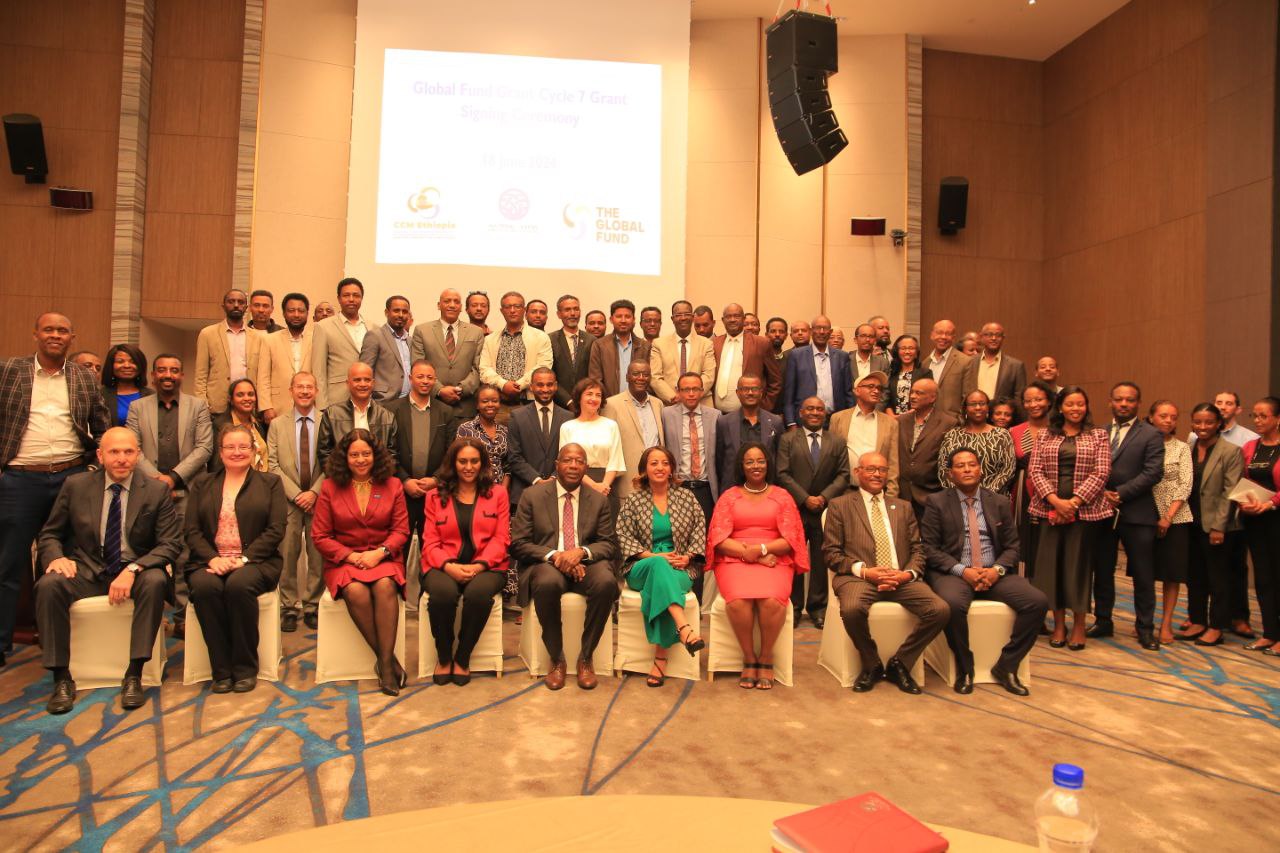Malaria Situation in Ethiopia: Progress and Challenges
 Ethiopia, like many sub-Saharan African countries, grapples with a significant burden of malaria. This section delves into the current malaria landscape in the country, providing a comprehensive overview of prevalence, distribution, and associated factors. It examines progress made in recent years in the fight against malaria, shedding light on successful interventions and their impact on disease control. Additionally, this section critically addresses the persisting challenges that hinder the complete eradication of malaria in Ethiopia. Issues such as drug resistance, insecticide resistance, and socio-economic factors that contribute to the persistence of the disease are explored in detail.
Ethiopia, like many sub-Saharan African countries, grapples with a significant burden of malaria. This section delves into the current malaria landscape in the country, providing a comprehensive overview of prevalence, distribution, and associated factors. It examines progress made in recent years in the fight against malaria, shedding light on successful interventions and their impact on disease control. Additionally, this section critically addresses the persisting challenges that hinder the complete eradication of malaria in Ethiopia. Issues such as drug resistance, insecticide resistance, and socio-economic factors that contribute to the persistence of the disease are explored in detail.
Malaria Testing Services
Accurate and timely diagnosis is fundamental to malaria control. This section explores the landscape of malaria testing services in Ethiopia, assessing their accessibility, quality, and coverage. The challenges associated with ensuring widespread testing, especially in remote and underserved areas, are discussed. In addition to testing services, the section delves into the integration of prevention measures into the testing framework. It explores how testing services can serve as a gateway to education and the adoption of preventative practices within communities, fostering a holistic approach to malaria control
Malaria
Response and Prevention Strategies
Ethiopia has implemented a range of strategies to respond to malaria outbreaks and prevent the further spread of the disease. This section evaluates the national response mechanism, scrutinizing its efficiency and adaptability to changing epidemiological patterns. Prevention strategies, including the distribution of bed nets, indoor residual spraying, and community education programs, are analyzed for their impact on reducing malaria transmission. The role of research and innovation in shaping response strategies is also highlighted, emphasizing the need for a dynamic and evidence-based approach to malaria prevention..
Malaria Care and Treatment
Beyond prevention, providing effective care and treatment is crucial in reducing malaria-related morbidity and mortality. This section investigates the healthcare system’s capacity to deliver comprehensive malaria care. It scrutinizes the availability of antimalarial drugs, the training of healthcare personnel, and the accessibility of treatment facilities. The discussion extends to the challenges faced in ensuring prompt and effective treatment, including issues related to healthcare infrastructure, drug supply chains, and community awareness. Through this, the section aims to provide insights into the gaps in malaria care and treatment and suggests potential avenues for improvement.
Prevention
Malaria prevention underpins malaria control efforts and is the most effective way to dramatically reduce cases and deaths. The Global Fund invests in multiple new and existing tools to prevent malaria. These include insecticide-treated nets, indoor residual spraying, and seasonal malaria chemoprevention (SMC) for children under 5, all of which are most often distributed through large-scale campaigns.
Malaria by the Numbers:
Funding
-
- The Global Fund provides 63% of all international financing for malaria programs.
-
- We have invested more than US$16.4 billion in malaria control programs as of June 2022.
- Since January 2021, we have increased malaria grants by 23% on average.

Prevention
- 133 million insecticide-treated nets distributed to protect families from malaria in 2021.
- 10.1 million structures covered by indoor residual spraying in 2021.
- 34 million children covered by seasonal malaria chemoprevention in 2021.
- 12.5 million pregnant women received preventive therapy for malaria in 2021.
Testing and Treatment
- 280 million suspected cases of malaria tested in 2021.
- 148 million cases of malaria treated in 2021.




